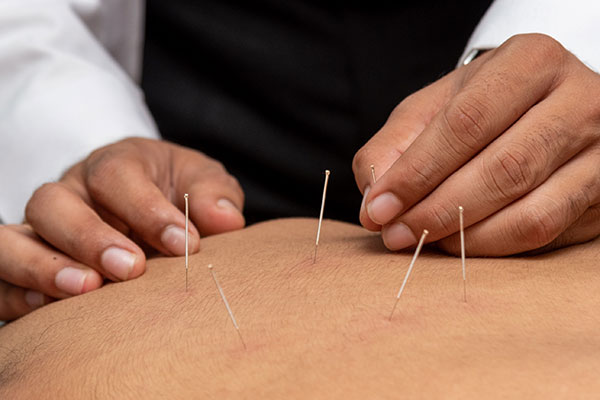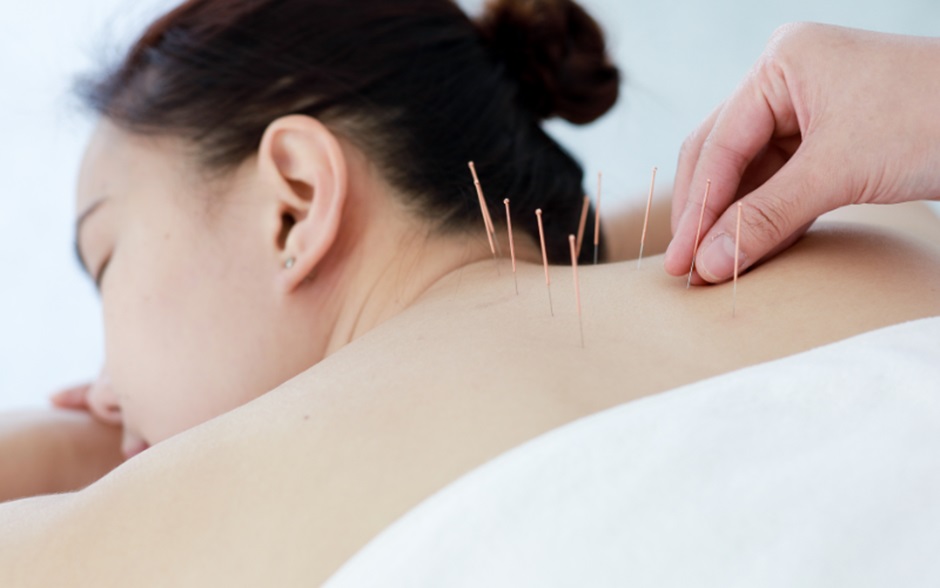Due to its ability to cure different medical issues, acupuncture is a known part of traditional Chinese medicine (TCM) in Singapore. However, acupuncture is surrounded by misunderstandings despite its general use.
With that, discover common misconceptions, facts, and commonly asked concerns regarding acupuncture therapy in the city-state, providing clarification for individuals considering this treatment.
Myths About Acupuncture
1. Acupuncture is Painful
Many believe acupuncture involves significant pain due to the use of needles. In reality, acupuncture needles are thin and designed to minimise discomfort. Patients often describe the sensation as mild pressure or tingling rather than pain.
2. Acupuncture Works Instantly
A common myth is that acupuncture delivers immediate results. While some patients may notice immediate relief, most treatments require multiple sessions to achieve lasting outcomes, depending on the condition being treated.
3. Acupuncture Has No Scientific Basis
Although acupuncture originated as a traditional practice, research has significantly supported its efficacy in managing conditions like chronic pain, migraines, and stress. Studies show that acupuncture can stimulate the body’s natural healing mechanisms.
4. It Is Only for Pain Relief
Acupuncture is often associated solely with pain management. However, it is also used for treating insomnia, digestive issues, hormonal imbalances, and stress-related conditions.
5. Acupuncture is Unsafe
When conducted by certified practitioners, acupuncture is considered safe. Acupuncture practitioners adhere to strict guidelines to ensure hygiene and minimise risks such as infection or adverse reactions.
Facts About Acupuncture Treatment in Singapore

1. Regulated Practice
Acupuncture is regulated under the Traditional Chinese Medicine Practitioners Act. Practitioners must be licensed by the Traditional Chinese Medicine Practitioners Board (TCMPB).
2. Wide Range of Applications
Acupuncture is used in managing physical ailments such as back pain, arthritis, and migraines, as well as mental health issues like anxiety and depression.
3. Complementary to Modern Medicine
Acupuncture is not a replacement for modern medicine but is often used as a complementary treatment. Many patients combine acupuncture treatment in Singapore with conventional therapies for a holistic approach to health.
4. Tailored Treatments
Acupuncture sessions are personalised. Practitioners assess each patient’s health history and symptoms to develop customised treatment plans.
5. Minimal Side Effects
Compared to pharmaceutical interventions, acupuncture generally has fewer side effects. Some patients might experience mild soreness or bruising at needle insertion points, but these effects are temporary.
Frequently Asked Questions
1. What Conditions Can Acupuncture Treat?
Acupuncture is commonly used for:
- Musculoskeletal pain (e.g., back pain, neck pain)
- Headaches and migraines
- Digestive disorders
- Stress, anxiety, and depression
- Sleep disturbances
- Fertility issues
2. How Long is a Typical Acupuncture Session?
Sessions usually last 30–60 minutes, including consultation time. Treatment duration may vary depending on the condition being addressed.
3. Is Acupuncture Covered by Insurance in Singapore?
Some local insurance providers offer coverage for acupuncture treatment as part of complementary health benefits. It is advisable to check with your insurer for specific terms.
4. How Do I Choose a Qualified Practitioner?
Ensure the practitioner is licensed under the TCMPB. Verify their credentials and inquire about their experience in treating specific conditions.
5. Are There Any Risks Involved?
Risks are minimal when acupuncture is performed by a certified practitioner. Potential issues include minor bleeding, bruising, or dizziness. Patients with certain medical conditions should consult a doctor before undergoing treatment.
Conclusion
Acupuncture in Singapore is a vital component of traditional Chinese medicine, with various uses in treating illnesses. Although there are still misconceptions, research shows that it is safe and effective when performed by trained professionals. Anyone considering receiving acupuncture therapy should speak with professionals and assess their medical requirements to make an informed choice.
Visit Thomson Medical to discover how acupuncture can support your health journey!

